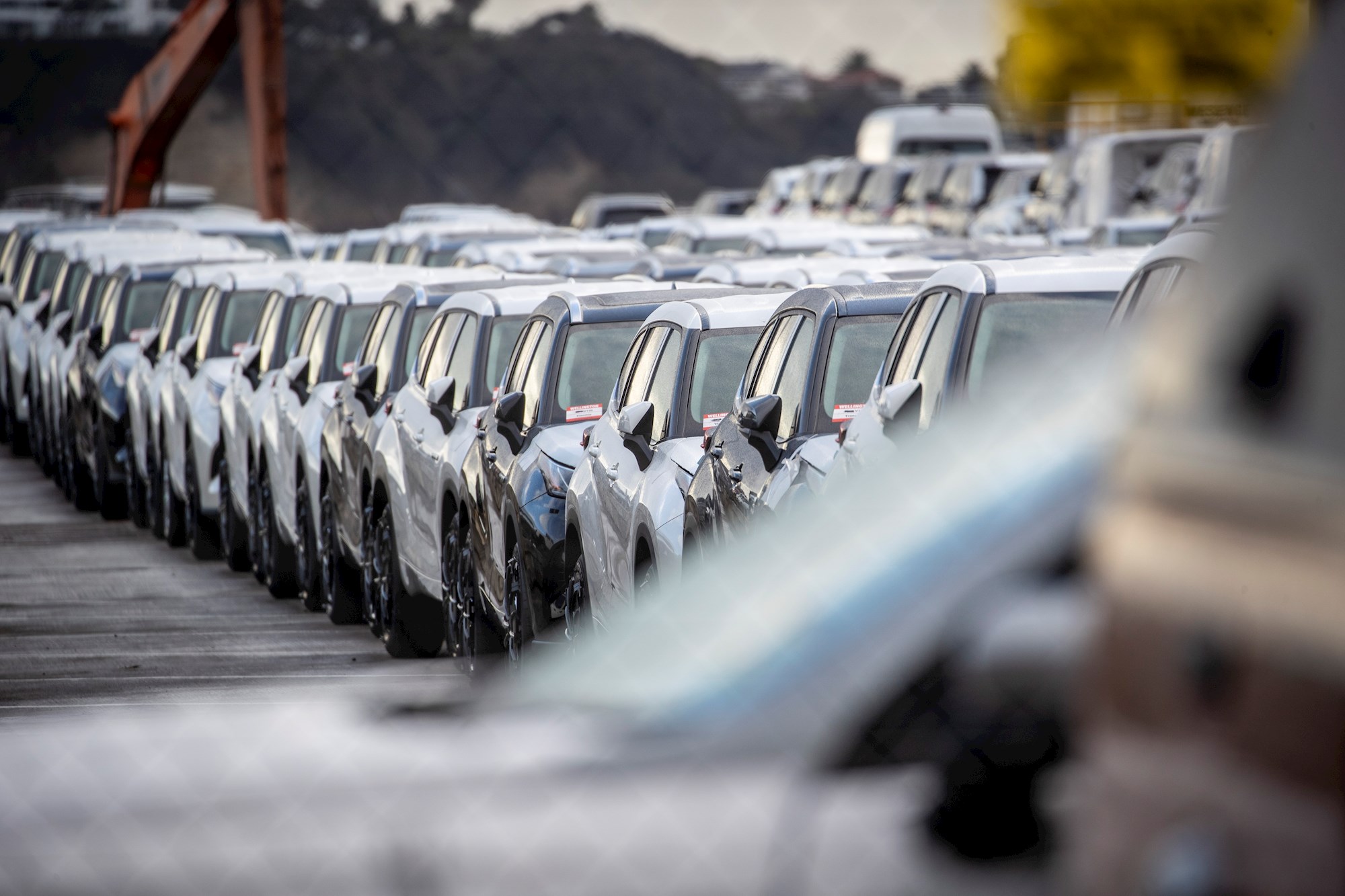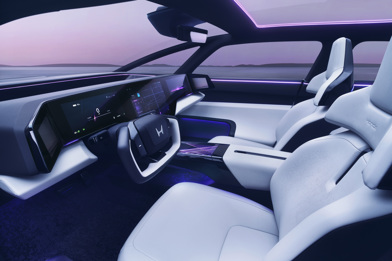The Government has hit the brakes on the Clean Car Standard (CCS), which was due to be implemented in full from January 2023.
While car importers are still required to open "CO2 accounts" from December and register vehicles' CO2 emissions, which will in turn incur credits or fines, Transport Minister Michael Wood has announced a new "phase in" period that will see the payment of charges deferred until June 2023.

The move follows discussions with the car industry, says Wood: "We have heard the request from the industry for a delay, and have worked together to confirm a timeframe that balances a successful implementation with the need for action. This short extension gets that balance right."
Legislation for the CCS was passed in February this year; new legislation to enable the phased implementation will be passed this week.
The CCS is in addition to, not replacing, the Clean Car Discount (CCD) introduced in July 2021. The existing CCD is a "feebate" scheme aimed at consumers, with individual vehicles getting a fine or rebate (they can also fall in a "zero band", no feebate) depending on how they stack up against a single emissions standard - the same for any vehicle. The car buyer (not the importer or dealer) has to pay the fine; but they also get to pocket the rebate.
The new CCS is aimed at the car industry. For new-vehicle importers, it will work mainly on averages accumulated over a year (although the default is a "pay as you go" plan). Vehicle importers are expected to meet CO2 targets with the ratings of each vehicle registered, but higher-emissions models can be offset by lower-emissions ones if they use a "fleet average" scheme. If the importer's annual CO2 average ends up over the limit, there are fines; if it's under the limit, it will have credits which can be used as a buffer or traded.
So the CCD is designed to encourage buyers to purchase cleaner vehicles; the CCS is designed to encourage the industry to import cleaner vehicles.
Despite the new timeframe, all light vehicles being imported into NZ except for motorcycles and mopeds must still be added to a CO2 account before they can be registered from December.
The CCS covers most light-vehicles being imported into New Zealand, except for mopeds or motorcycles which have been excluded.
What's happening when?
1 December 2022: All vehicle importers must hold a CO2 account, where the CO2 emission ratings of their vehicles will be recorded. Without this information, vehicles will not be able to complete entry to NZ and be registered.
1 January 2023: The CO2 ratings of vehicles start to count towards the achievement of the CO2 targets. For vehicle importers complying on a “pay-as-you-go” basis, each vehicle will incur a charge, or a credit, based on its CO2 emissions. Credits can be used to offset charges or be transferred to other importers.
1 June 2023: Charges to be paid and credits can be transferred from this date.





